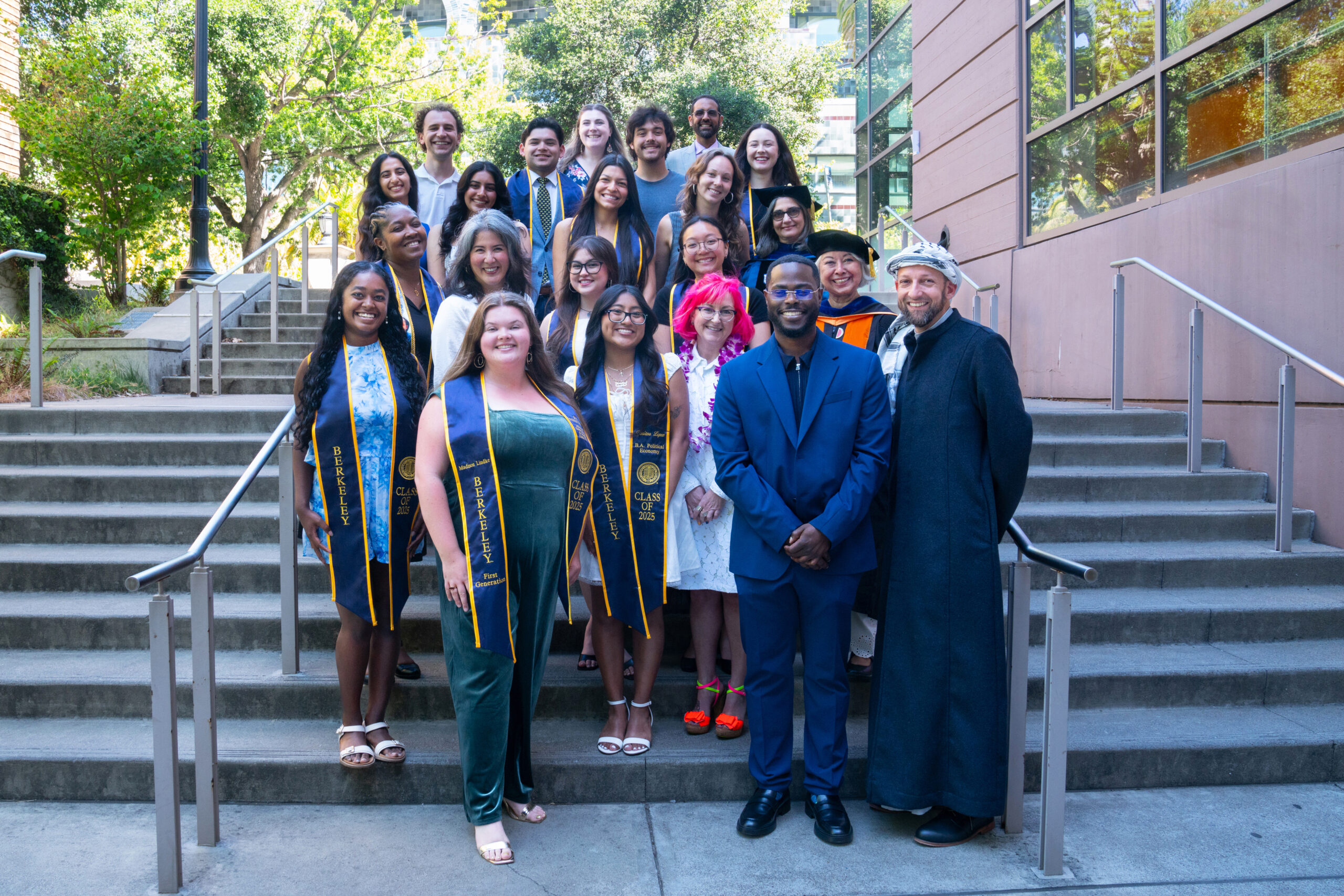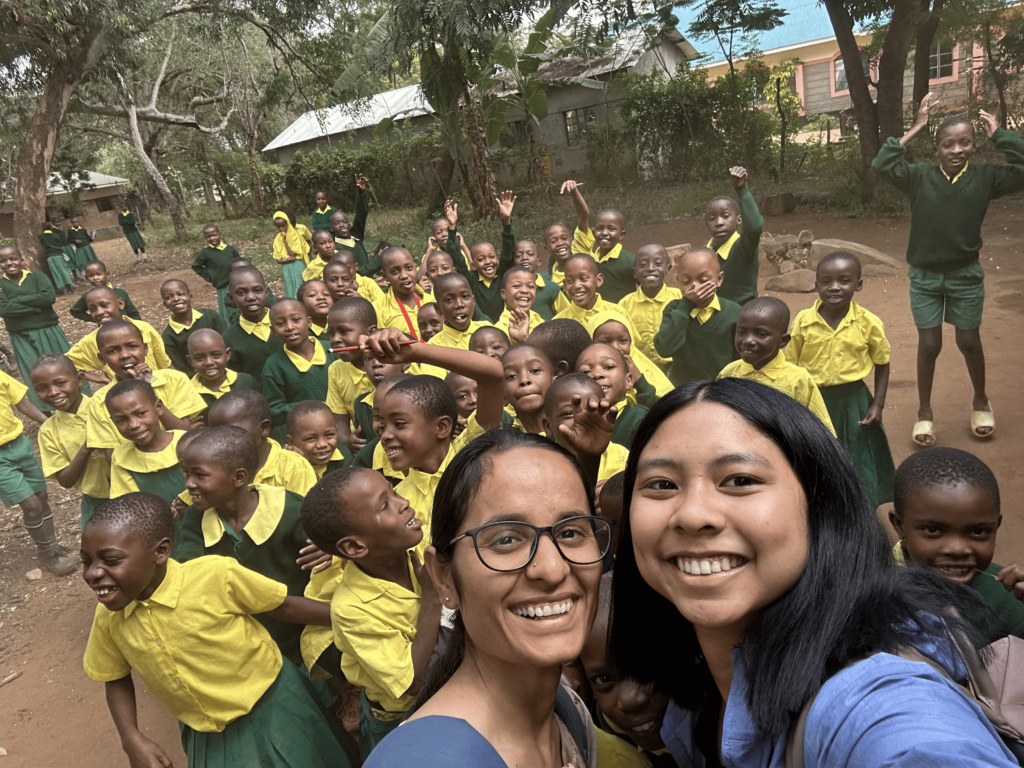By Roxanne Rahnama
There is a local Malagasy proverb in the southeast Anosy region of Madagascar that goes Ny fianarana no lovasoa indrindra: Education is the best heritage.
In this same isolated region of Madagascar, a country that ranks 151st (out of 187) on the United Nations 2013 Human Development Index, approximately 90 percent of the population lives in chronic poverty, below the international poverty line of $1.25 per day.
Since the World Bank and IMF structural adjustment policies of the 1980s, which drove Madagascar deep into debt and continuous aid dependency, there has been a particularly stark deterioration in the country’s education system, among its other sectors. Some 3,000 communities lack even a basic primary school; 50 percent of school-aged children have never been to school; and in the Anosy region, the literacy rate is alarmingly low at 34 percent.
While the new president of Madagascar, Hery Rajaonarimampianina, has pledged to fight poverty and increasingly invest in the education sector of the country, it will require a great deal of political will and commitment to undo the damages of colonialism, structural adjustment policies, and political unrest since the country gained independence in 1960. Furthermore, since the 1980s, Madagascar has confronted a widening range of climate-related challenges, including drought, more violent and frequent cyclones, the spread of malaria, recurrent flooding of schools and other basic infrastructure, and exacerbated food security issues.
During my Summer 2014 practice experience as a student in the Global Poverty & Practice minor at UC Berkeley, I spent six weeks in the Anosy region working on education projects with a UK-Malagasy joint community development organization called Azafady. A particular experience on a sweltering mid-July day remains locked in my memory. A group of volunteers, staffers, and I visited an abandoned primary school in a rural commune called Tsagnoria, for which Azafady is currently raising money so that local children ages 7-16 can regain access to their national heritage. The following series of photographs document that place.



